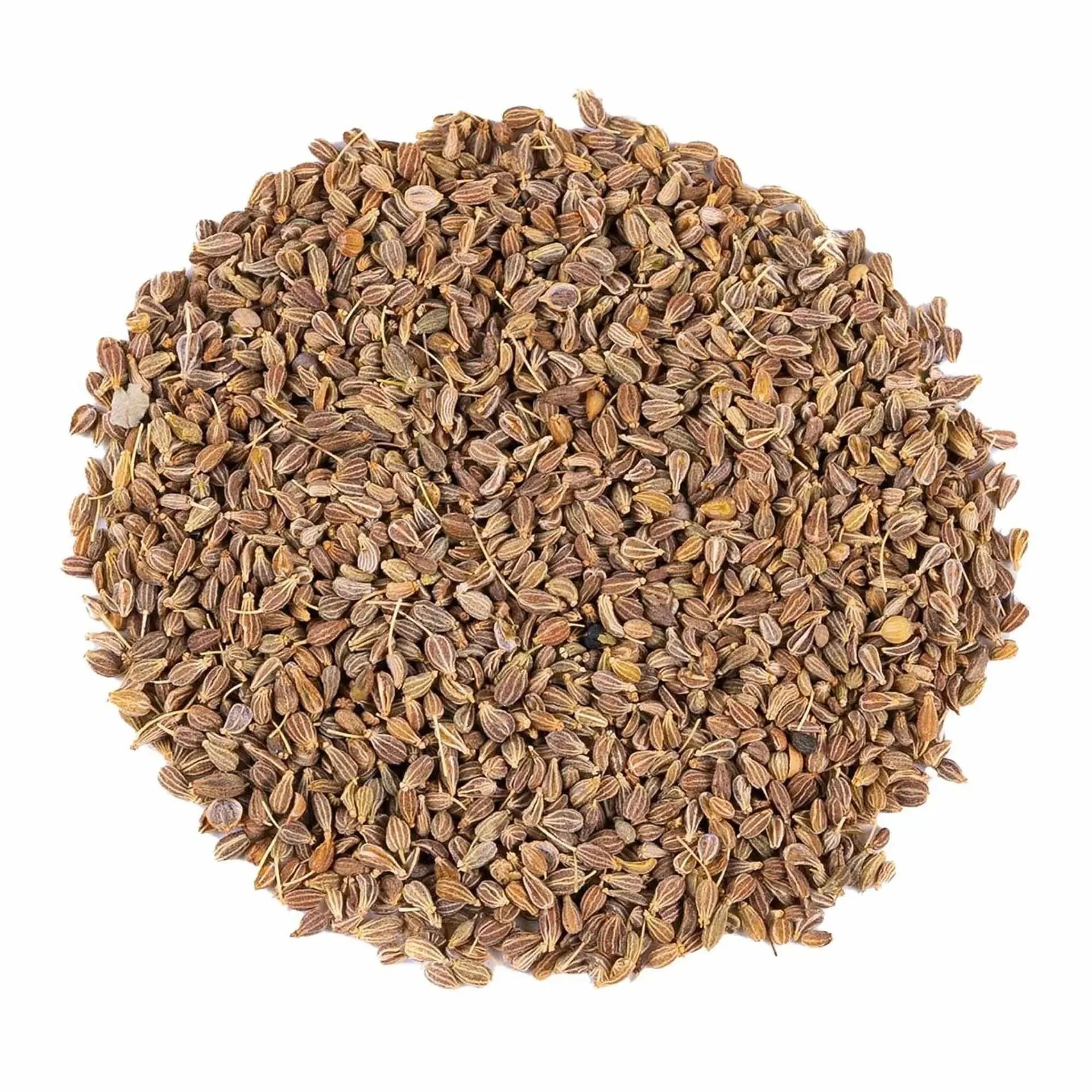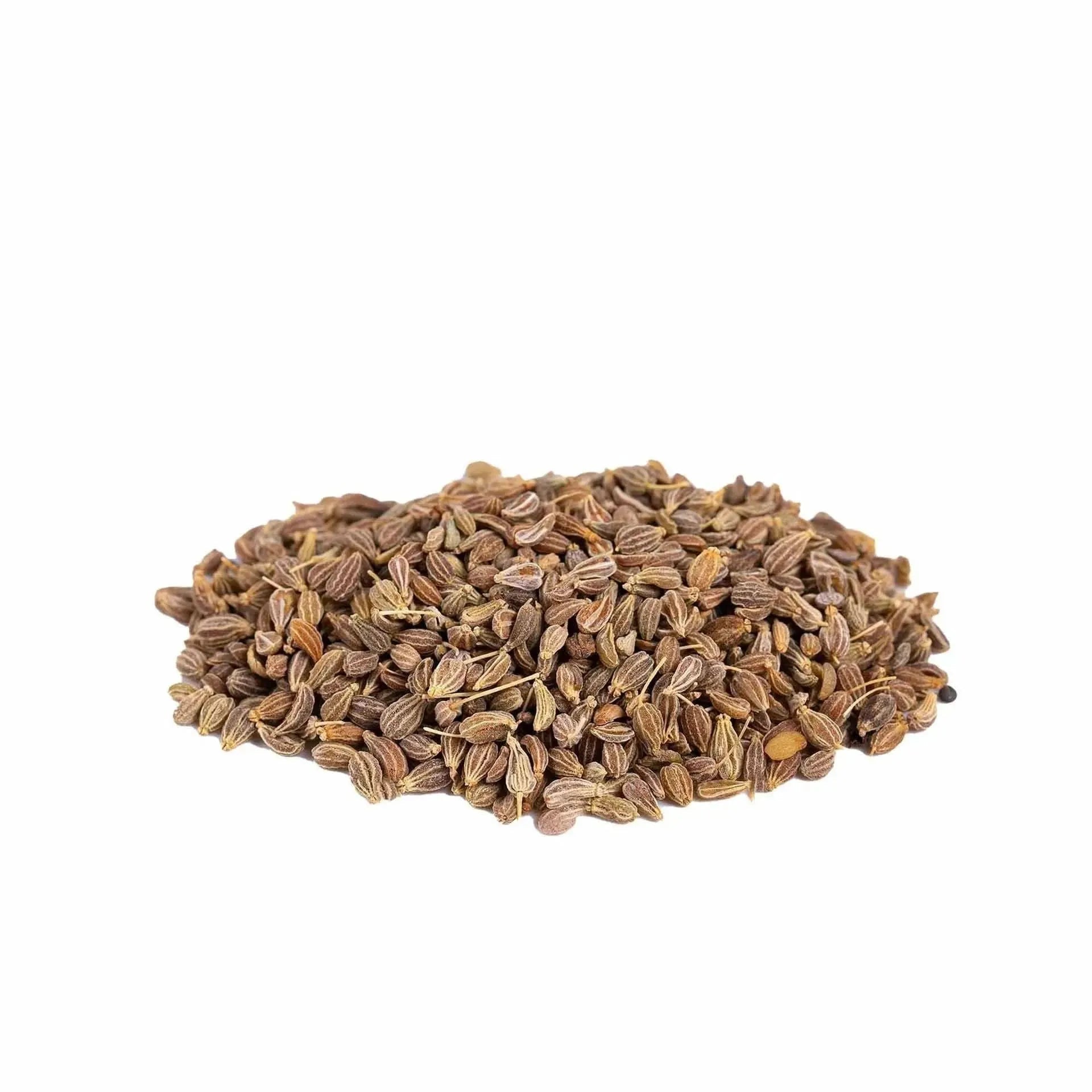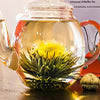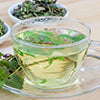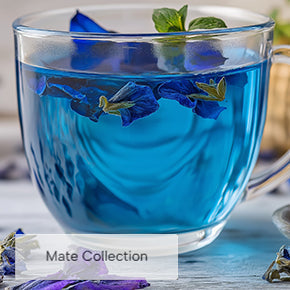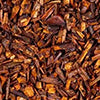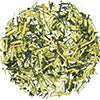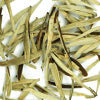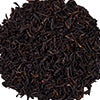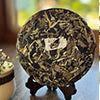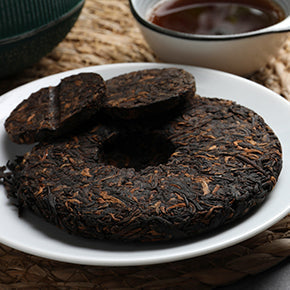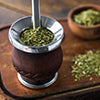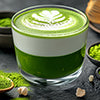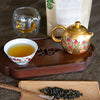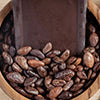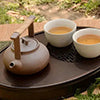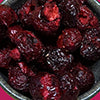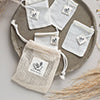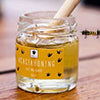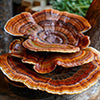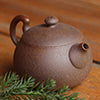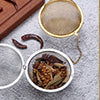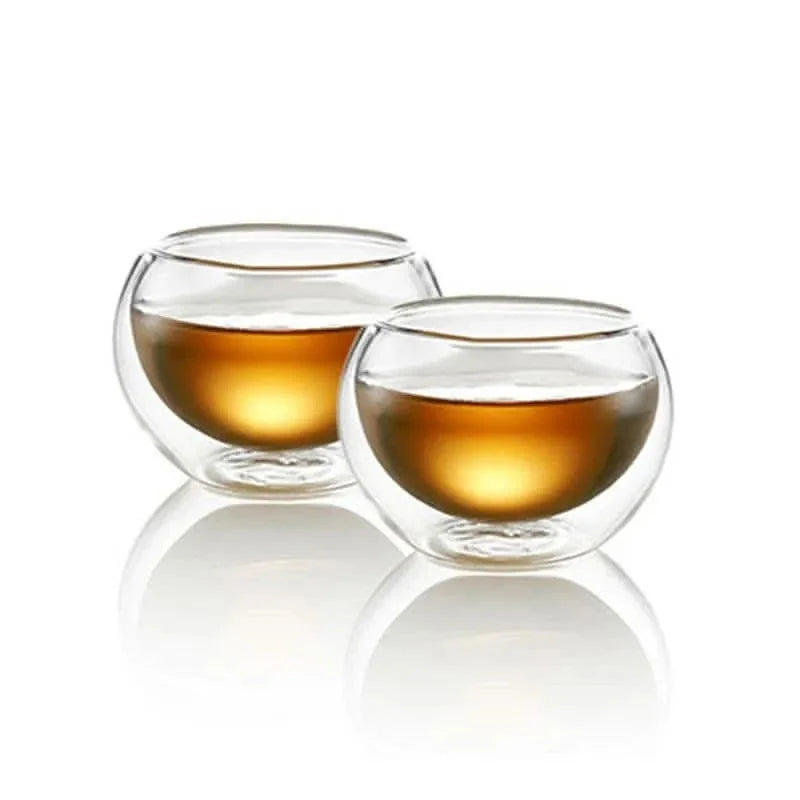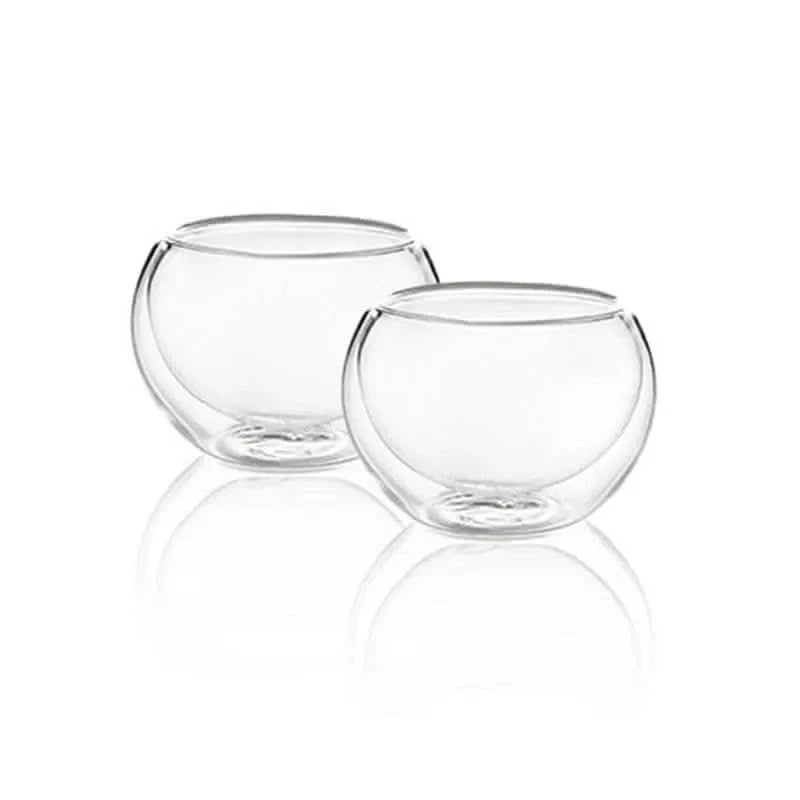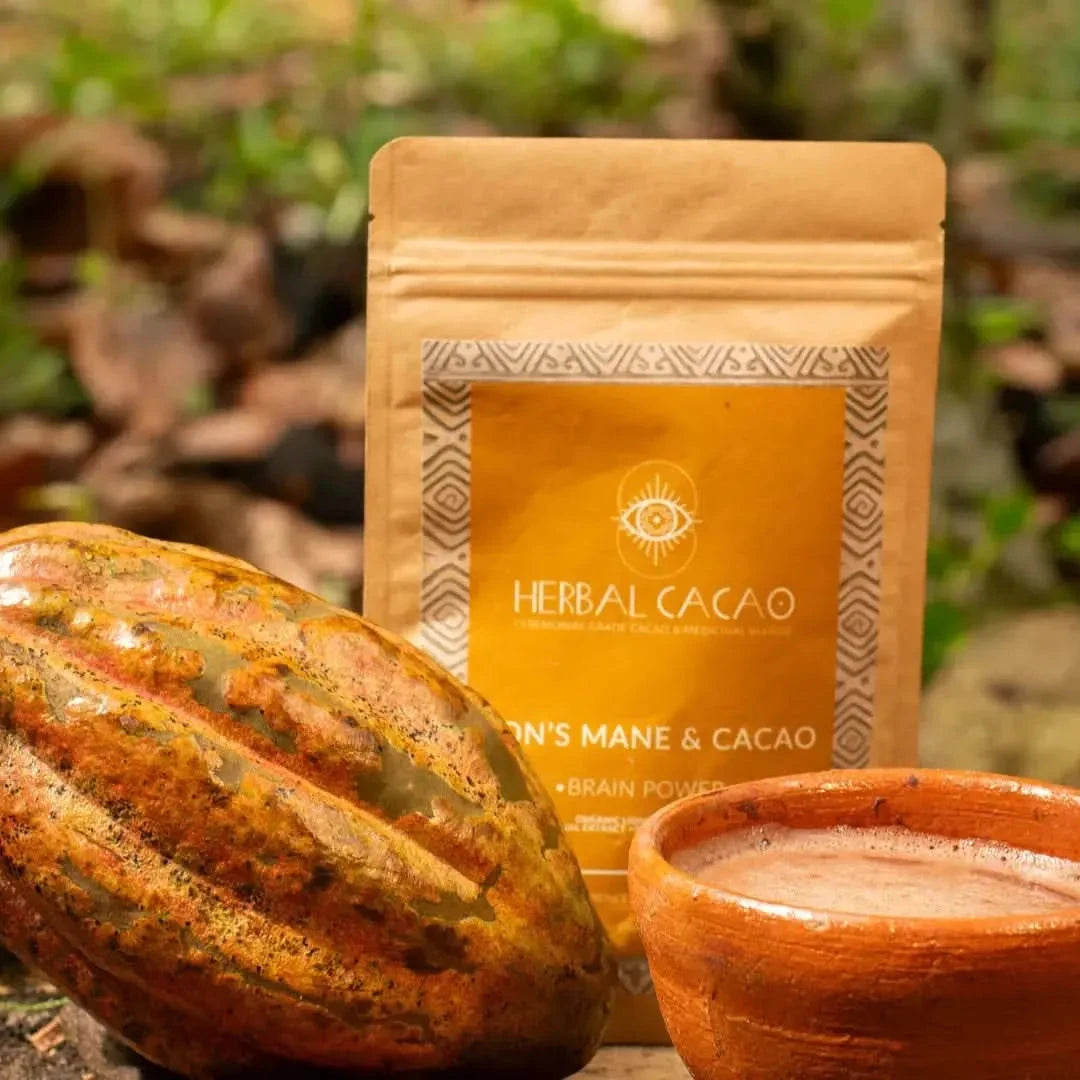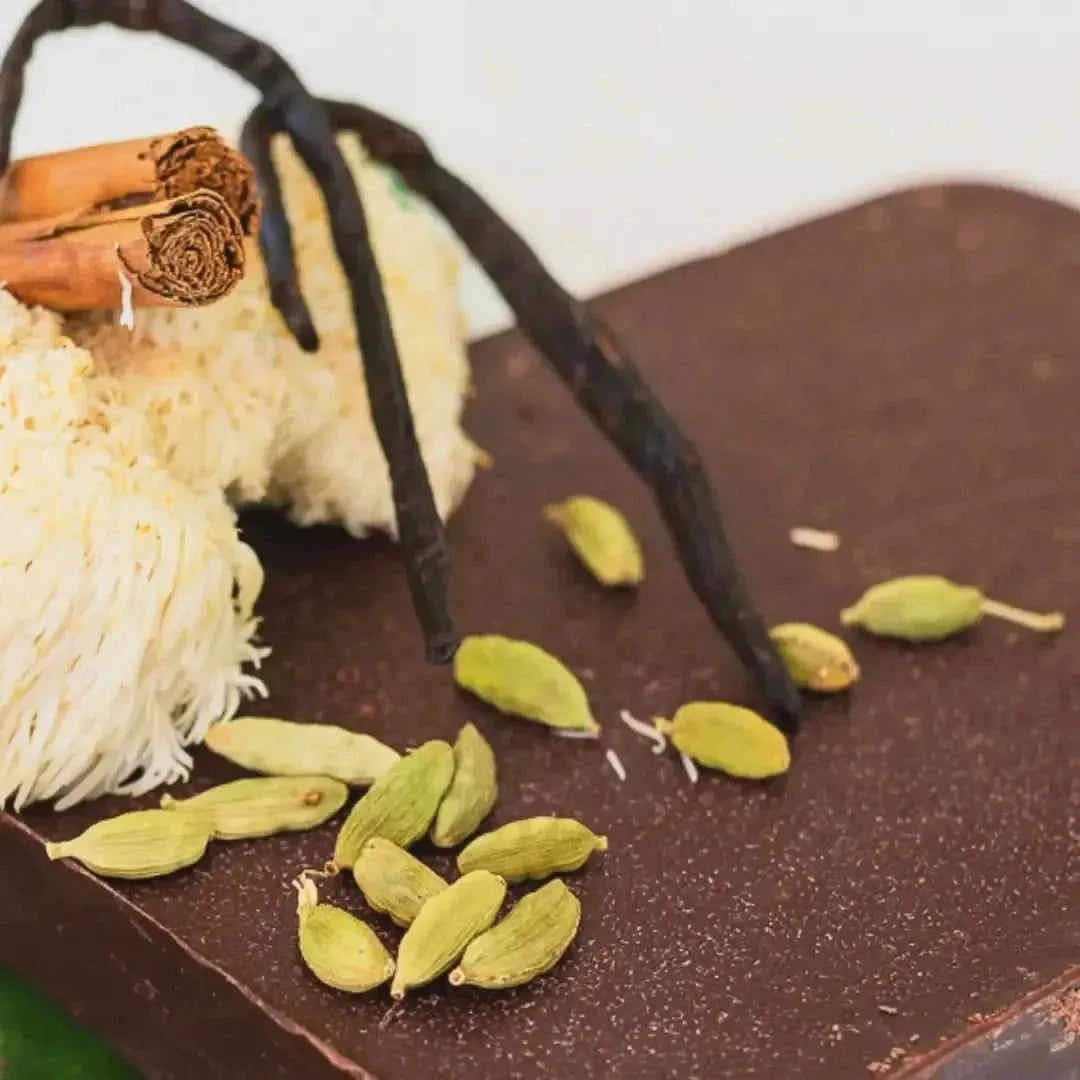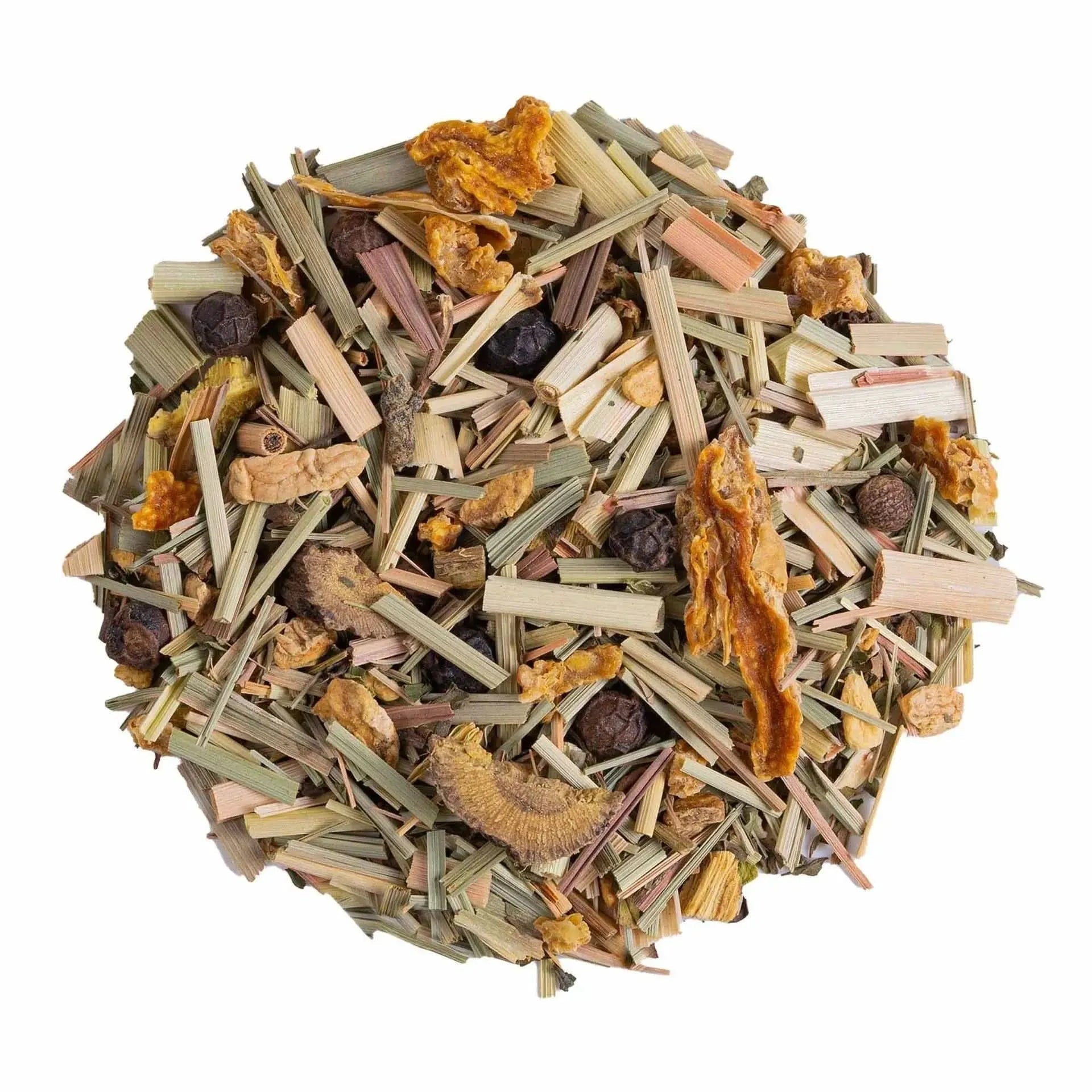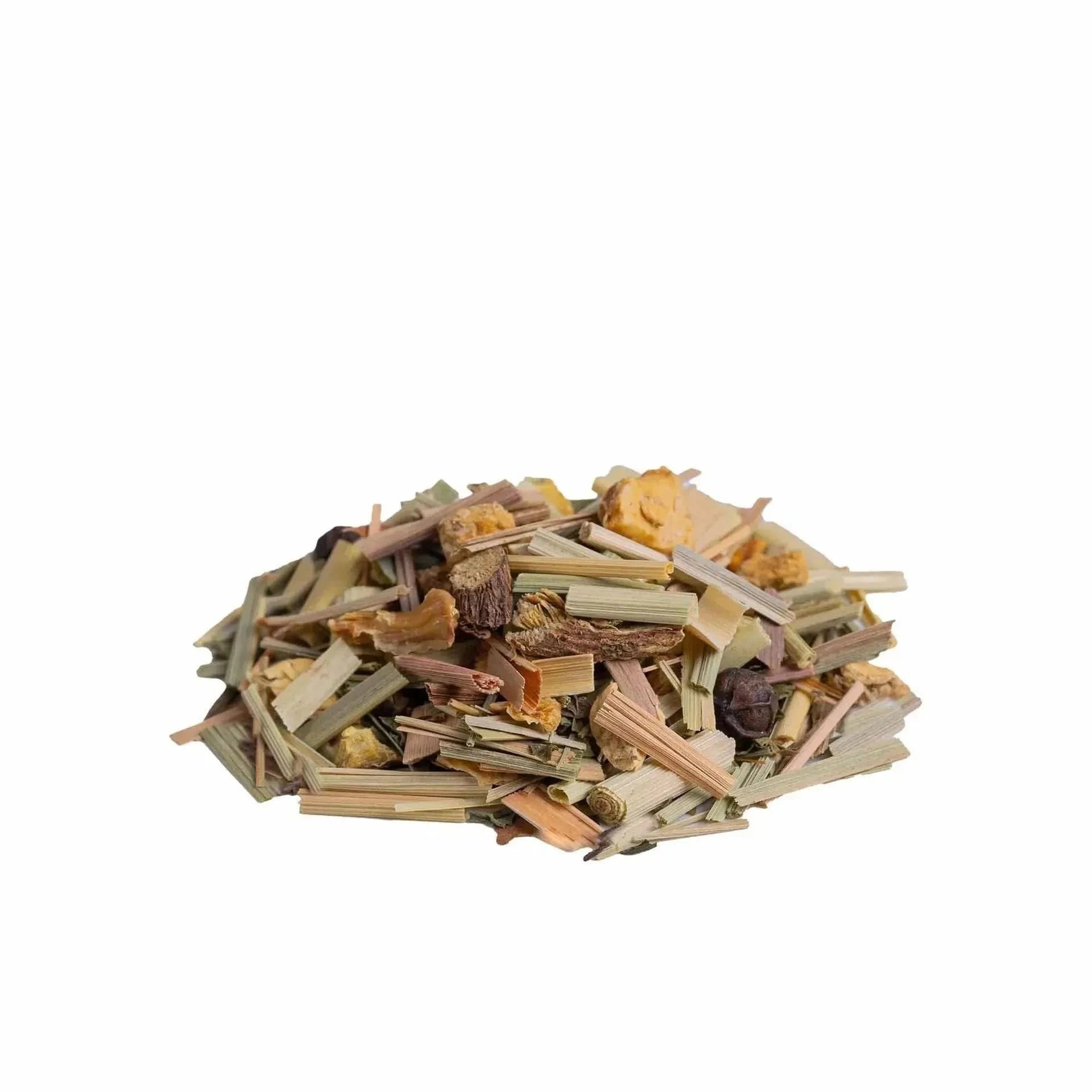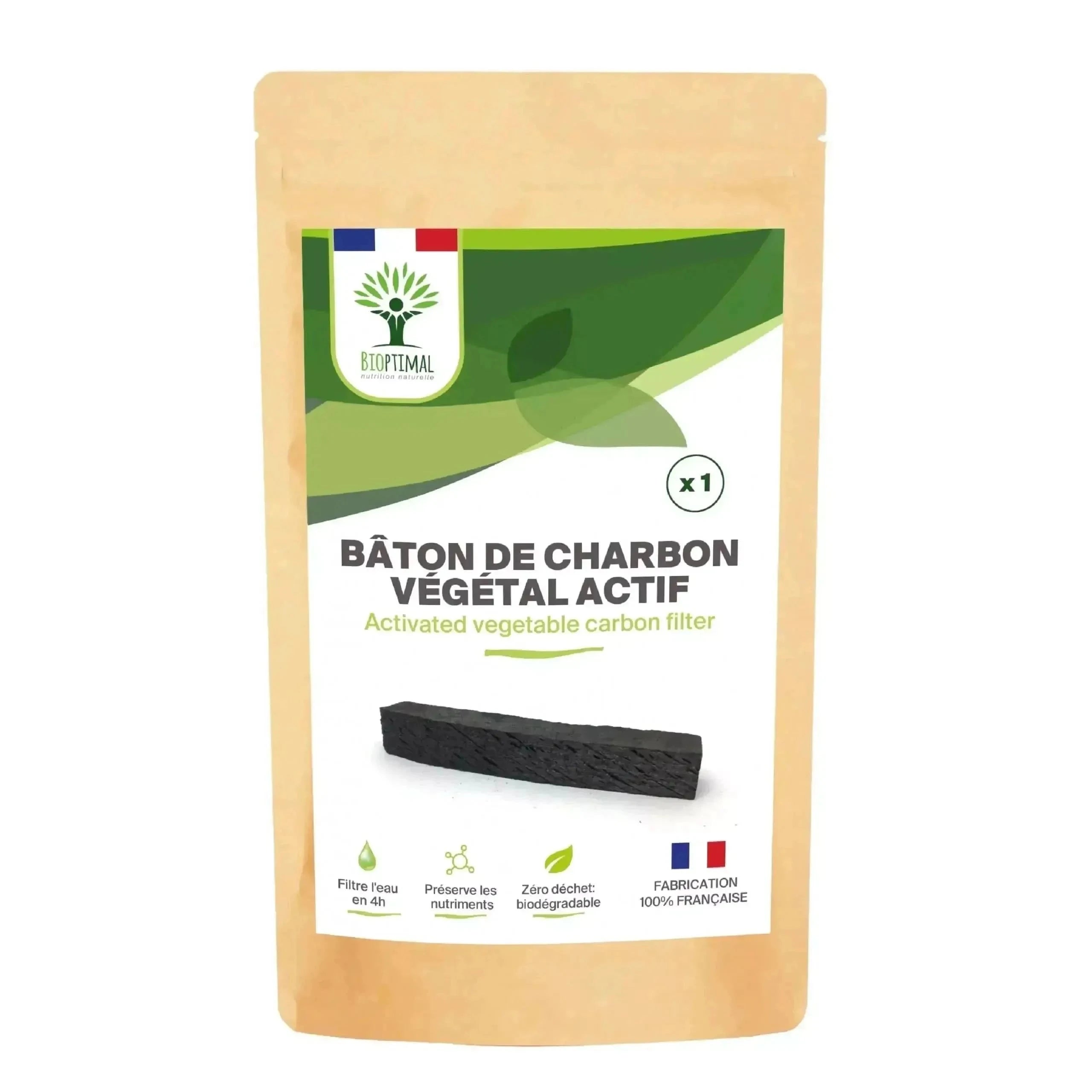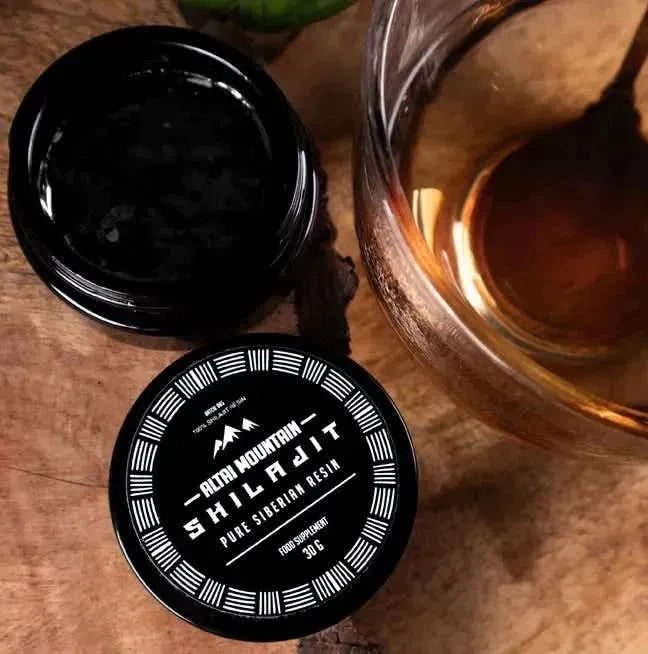Herbal Tea Anise Whole - Complete Star-Shaped Spice Seed Infusion
“From Paris With Love” Green tea blend, loose tea 100g Premium Natural
Taste:
Violet Raspberry
- A wonderful taste: a special combination of sweet raspberries and delicate violets
- With premium natural ingredients
- Enjoy warm or as iced tea
- A perfect gift for family, friends and tea lovers
- Made in Germany: Made in Germany
- Quick preparation in just 3 minutes
- Well packaged in a resealable aroma protection tin and bag
Produced by Infuzion
Guarantee Safe Checkout
Brewing Your Perfect Cup of Anise Infusion
To fully enjoy Anise Whole:
- Use 13-18 grams of whole anise seeds per liter of water
- Heat water to 100°C (212°F)
- Steep for 8-10 minutes, adjusting to taste preference
- Strain and enjoy hot, or chill for a refreshing iced infusion
- For added sweetness, consider a touch of honey
- Experiment with blending with chamomile or peppermint for varied flavors
Pure Anise Seeds: Nature's Aromatic Treasure
Our Anise Whole infusion contains:
- 100% whole anise seeds (Pimpinella anisum): Carefully selected for their potent flavor and aroma
- Rich in essential oils: Including anethole, the compound responsible for anise's distinctive taste
- Natural source of antioxidants: Contributing to its potential health-supporting properties
Anise's Traditional Wellness Support
Anise Whole infusion offers several potential benefits:
- Digestive comfort: Traditionally used to ease stomachaches, bloating, and indigestion
- Respiratory support: May help alleviate symptoms of bronchitis and asthma
- Antibacterial properties: Contains compounds that may help fight certain bacterial infections
- Anti-inflammatory effects: May help reduce inflammation in the body
- Hormonal balance: Traditionally used to support women's health issues
- Relaxation aid: The soothing aroma may help promote relaxation and reduce stress
Anise: A Spice Steeped in History
Anise carries a rich cultural heritage:
- Used for thousands of years in Mediterranean and Middle Eastern cuisines
- Valued in ancient Egypt for its medicinal properties and as a breath freshener
- Mentioned in the Bible and used by the Romans to aid digestion
- Brought to Europe in the Middle Ages, becoming popular in confectionery
- Used in traditional Chinese medicine for its warming and Qi-regulating properties
- Integral to many cultural dishes and beverages worldwide, from Greek ouzo to French absinthe

